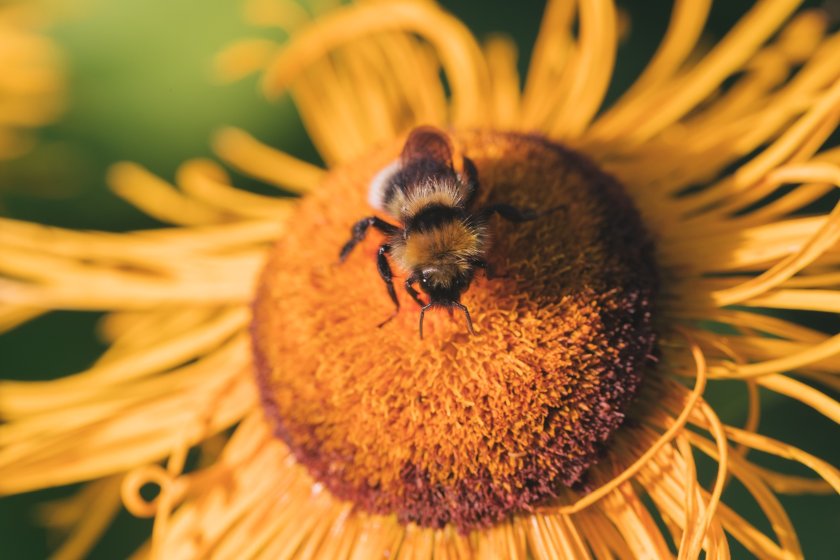
It is integral to UK food security that issues regarding the ongoing insect decline are addressed, a cross party group of MPs have said in a new report.
They have called for "effective and sustainable crop protection strategies to be demonstrated at a commercial scale" to address the issue.
The government must also begin to better support the development, regulation and practical application of pesticide alternatives.
The calls have been made in a new report by the Science, Innovation and Technology Committee, released on Thursday (7 March).
The UK has made international commitments to reducing the overall risk caused by pesticide by at least half by 2030, and has made statutory targets to halt and reverse species extinctions and decline in abundance by 2042.
MPs said these targets "are ambitious and welcome - but are also narrow and incomplete". Numerous species and in some cases entire groups, some of which are vital for UK food security, are excluded.
They noted that the National Action Plan for Sustainable Pesticide Use, a crucial policy to address both knowledge gaps and encourage reductions in pesticide usage, has been delayed by six years.
Most witnesses who gave evidence to the Committee said they did not see the prospect of insecticides being phased out entirely in agricultural use.
However, MPs heard strong evidence that the issues arising from insect decline go far wider than the loss of “charismatic” species like bees and other pollinators, to encompass less well understood players in the food supply chains.
The report went on to say that it is integral to UK food security that issues regarding insect decline and food production are addressed at an international level, and the government should use its position in international forums to advocate for it.
Responding to the report's findings, Greg Clark, chair of the Committee, said food security depends on maintaining and improving the biodiversity essential to ecosystems.
He said: “That we do not fully or perhaps even well understand much of how these natural systems work, or about the risks to them and important species that we may losing, must not be a cause for despair or apathy.
"Rather, let the concerns raised in this inquiry be a clarion call for renewed efforts, research, education and interest in our natural environment."
The report also noted that half of the UK’s protected Sites of Special Scientific Interest (SSSIs) are not in a good state and are failing to conserve biodiversity.
Statutory requirements to improve SSSIs will 'go some way' to prevent more insect species extinction, but it is unlikely that these improvements will be sufficient to halt decline in species abundance.
